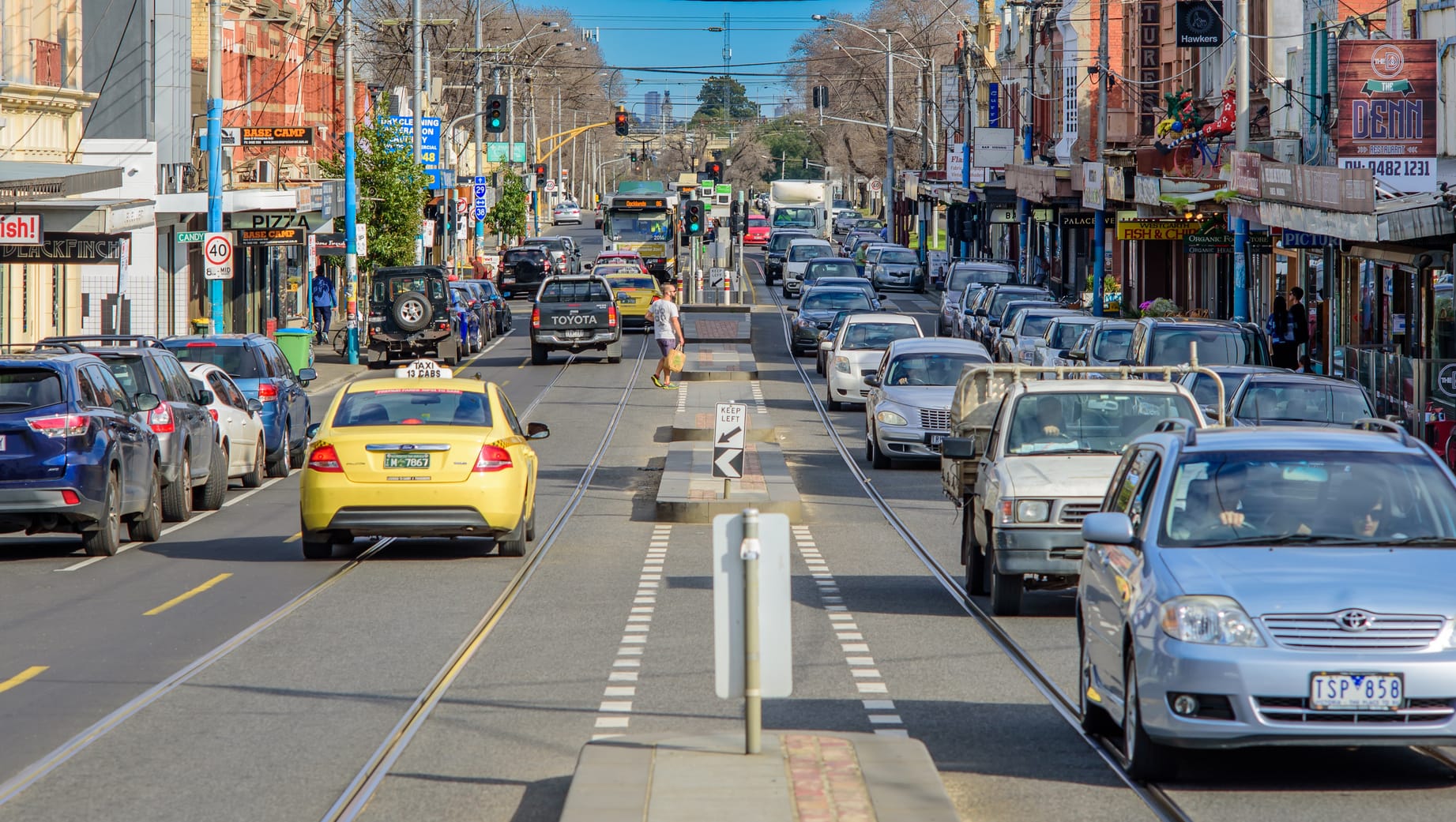
In 1999, the year that Jeff Kennett’s Liberal-National coalition government lost its lower house majority after which Labor leader Steve Bracks secured the support of three independent rural MLAs to form a minority government, only three candidates nominated for the inner city district of Northcote.
The winner, Labor’s Mary Delahunty, polled 66.1 per cent of the primary vote, and a two-party vote of 72.6 per cent. Back then, Northcote was one of Labor’s safest seats.
Fast forward to Saturday 18 November 2017, and the candidate with the largest primary vote in the Northcote by-election was Ms Lidia Thorpe with a primary vote of 45.3 per cent, and a two-party vote of 55.6 per cent. Ms Thorpe was not from Labor, but from the Greens.
Of course, this contest was a by-election and there was no Liberal candidate which raises a hint of doubt over the result’s usefulness as a guide to future general elections.
It is not unusual for major parties in government to do badly in by-elections, and in two instances in Australian politics where Labor last lost a seat to the Greens in a by-election (the federal seat of Cunningham in 2002, and the state seat of Fremantle in 2009), it was able to win it back at a subsequent general election.
On the other hand, the swing to the Greens in Northcote in the by-election confirmed a trend in the swing for this district that emerged from the 2002 general election in which a Green candidate nominated and won 25.4 per cent of the primary vote.
In the 2006 election this rose to 27.4 per cent, in 2010 it rose again to 30.8 per cent and in the last general election in 2016, it was 36.3 per cent. This pattern of a rising Green vote has been replicated in districts across inner Melbourne, and culminated in 2016 with the Greens winning the lower house seats of Melbourne and Prahran.
The strength of this swing and its consistency across the inner city over a number of elections gives a strong indication of a fundamental re-alignment of voting behaviour occurring as these areas gentrify. Both major parties have lost support to the Greens, but it is the Labor party that stands to suffer the greatest damage as the re-alignment is occurring in what used to be very safe Labor seats.
Labor partisans fear a contagion effect: the loss of Northcote could well indicate imminent losses in Richmond and Brunswick at the next general election and perhaps could affect districts further afield such as Albert Park and Footscray.
If the Northcote outcome was the consequence of significant voter re-alignment rather than just a protest vote gone awry, the community will need to adjust to the implications of a transition occurring in Victoria’s party system.
With the Liberal and National parties forming a coalition, the contest for government had hitherto been a two-dimensional battle in the outer suburbs of Melbourne and in the state’s regional cities.
Now a third dimension to Victorian politics is emerging, and this will in all likelihood mean that Labor’s ability to form a majority government after 2018 will be remote, even if it manages to hang on to all of its marginal outer urban and regional seats. The demographic transition of inner Melbourne has clearly had a political impact, and the Labor party stands to be the biggest loser as a result.
Nick Economou was a senior lecturer at Monash University at the time of writing this article.





